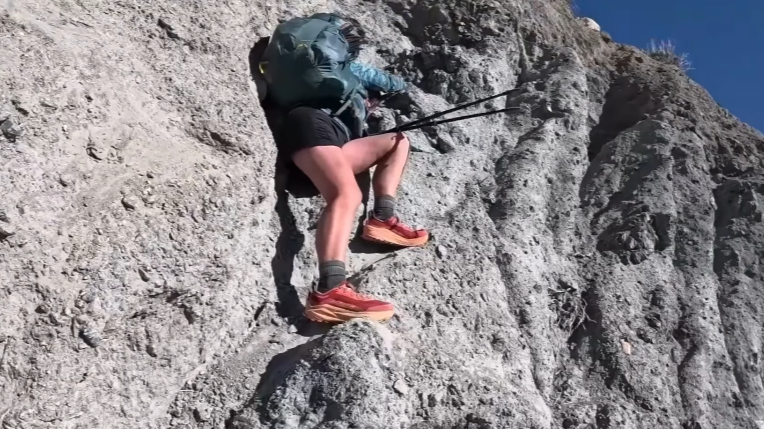Four mental traits of elite athletes – and how to cultivate them
An expert take on the essential mental traits required for success as an elite athlete, plus how to overcome difficulties
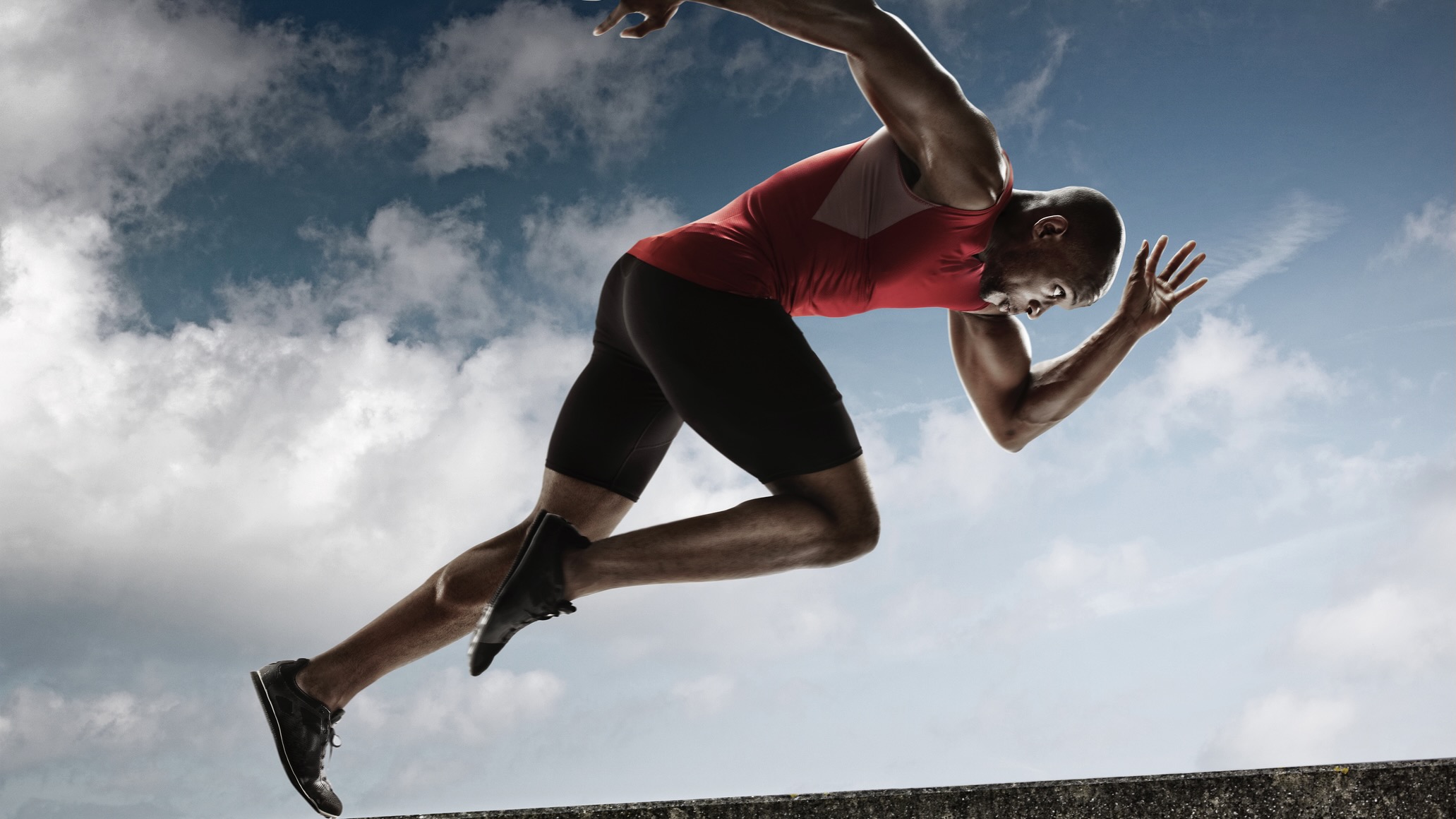
Why do some athletes soar through winning streak after winning streak while others crash and burn, seemingly with similar physical attributes? It’s a question you might have asked yourself any time you're pondering whether it's really worth spending all that time in your running shoes only to keep finishing third, and one that has plagued coaches and psychologists for decades, and has birthed a whole new field of professional research. One such doctor who has devoted her professional life to answering this question is Kirsten Cooper, a Clinical and Sport Psychologist and Certified Mental Performance Consultant based in Vail, CO who has spent the last decade trying to understand the connection between your mind and your athletic performance.
Cooper is well-positioned to understanding obstacles when it comes to athletic performance – prior to training in sports psychology, she was a US Ski Team athlete. During her ski career, she sustained a mind-boggling catalog of injuries including multiple concussions, five labral tear repairs in one shoulder, eight stress fractures, three disc herniations and a spinal fusion. And yet, it wasn’t so much the scars and screws that ended her career as it was her psychological injuries, which led to mental health issues and impulsive behaviors that ultimately prevented her from competing on the level at which she was physically capable.
As a result of her personal experience, Cooper has gone on to earn an MA in sport and performance psychology, and a PsyD in clinical psychology at the University of Denver to understand the role of psychology in sports, and to help other athletes learn how to cultivate the best mental traits for success.

The idea that your mental outlook is the keystone to your success is nothing new – it’s often reported that performance is 90% mental and 10% physical. However, Cooper explains that in many ways, this is far from true in younger athletes, who obviously need to focus on their physical training in order to compete.
“In developmental years, I would say physical development is significantly more important than 10%. Perhaps a concurrent development of psychological and physical assets are necessary to reach the next level as athletes progress through youth sport but physical development is absolutely necessary.”
So when you’re younger, it’s certainly not just a case of “mind over matter,” but as the years go by, an interesting phenomenon occurs – your mind starts to play a bigger and bigger role in how you perform.
“The catch is, as we age in sport, we become more aware of pressure and the more time we've spent in sport, the more we care about our success and identity within that sport, so fostering mental skills in youth athletes to help address these issues as they arise is also important for longevity,” explains Cooper, whose own mental scars as a young athlete went either ignored or misunderstood by her coaches and doctors.
Advnture Newsletter
All the latest inspiration, tips and guides to help you plan your next Advnture!
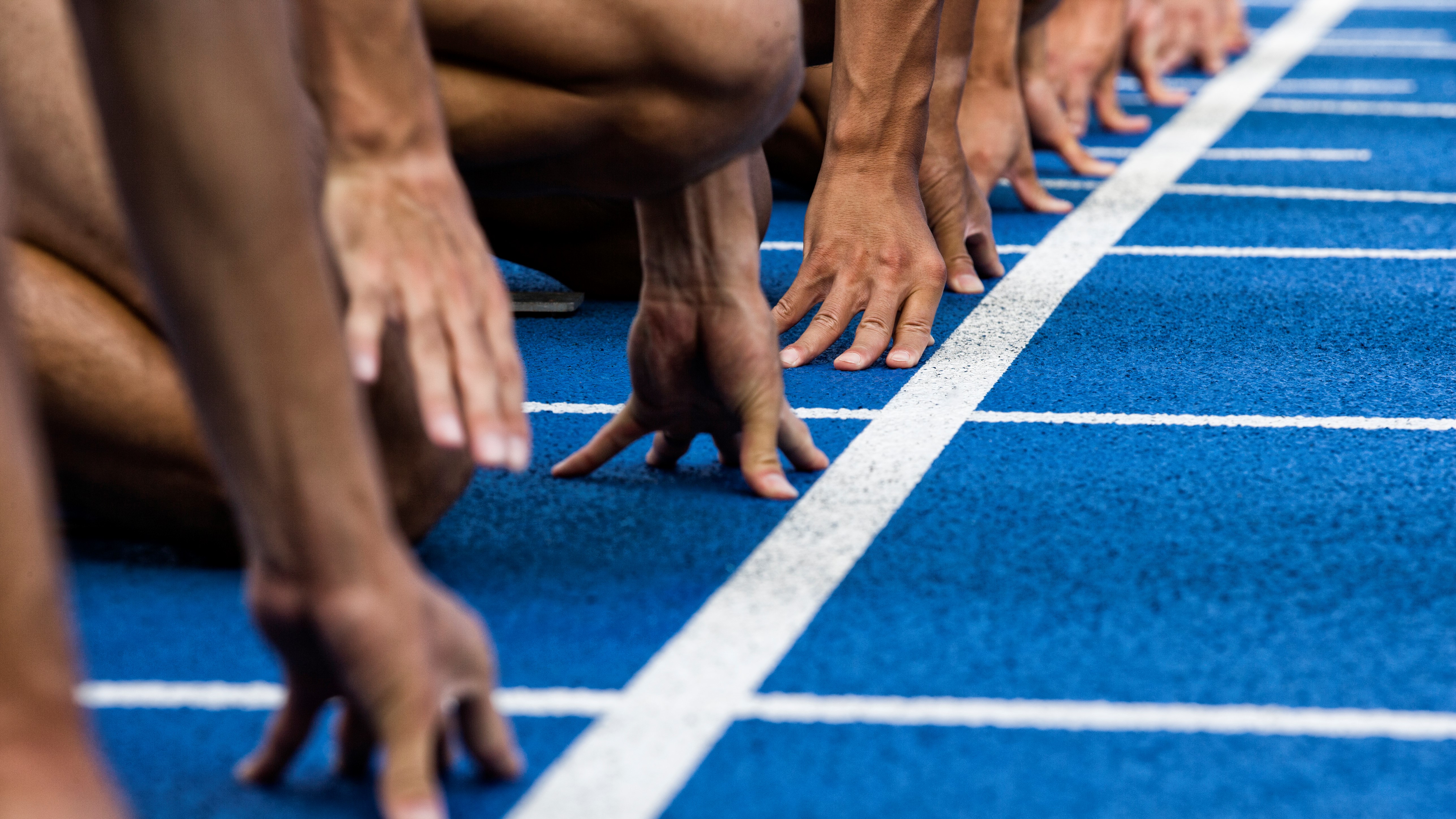
The result of not forging certain mental skills early on can lead to the formation of two primary mental patterns that can serve as a blockade to progress. The first detrimental trait is what Cooper describes as “rigidity,” or an inability to adapt to changing environments in sport.
“Becoming overly rigid around routines and outcomes often leads to increased performance anxiety, particularly when things don't go to plan – which they often don't – performance anxiety leads to physical and mental tension and decreased capacity to perform.”
This, she explains, also includes rigidity in training programs and can manifest as overtraining out of fear you will lose your physical fitness, when in fact research shows that rest and recovery are imperative to optimal physical health and performance.
Then, there’s what Cooper terms “difficulty being present,” which forms the basis of much of her clinical approach. She cites Mihaly Csikszentmihalyi's research on the idea of “flow” in sport, which outlines a need to be present in the moment with the task at hand – you may also have heard this described as “being in the zone.”
“This is not to say that thoughts about past or future can't be present, but the athlete's focus remaining grounded in the present is often the best way to approach performance,” says Cooper, who presents at national conferences on the integration of mindfulness and acceptance into sport and performance environments and views them as integral components to well-being and high performance.

Without developing certain mental skills to prevent rigidity and maintain presence, at a certain point elite athletes who have spent many years developing their kinesthetic prowess and are all competing at roughly the same level will discover that their mental strength becomes the key to success or failure.
“Then we are looking more at how psychological skills set the "great" athletes apart from the "good" athletes. At an elite level, the mental aspects of the game can create larger gains because the physical side is a fairly level playing field,” surmises Cooper. In other words, in the example of a group of elite ultra-runners, there's only a certain pace and distance any human can really hope to attain, so who comes out the winner in a race might come down to the luck of the day, or who has the most enduring mental attitude.
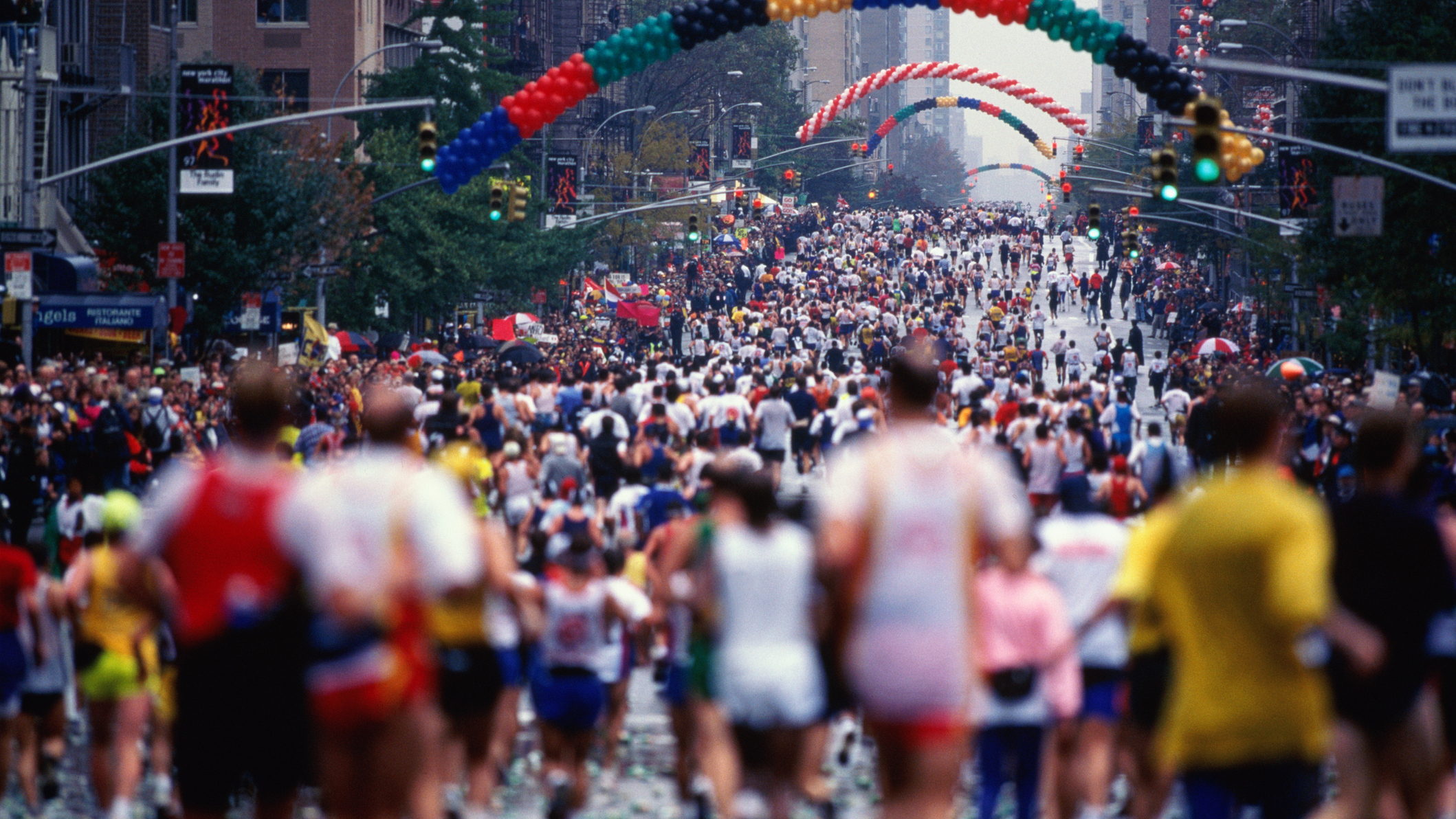
What are the characteristics of an elite athlete?
So what are the key mental traits of an elite athlete that help them to negotiate challenges and facilitate their success, beyond physical conditioning? According to Cooper, it largely boils down to these four attributes:
1. Resilience
Being a competitive athlete is going to bear both wins and losses, and being able to recover quickly from the mental bruising caused by difficulties is vital to ensuring that athletes enjoy challenges rather than shy away from them.
“Resilience allows us to trust ourselves in any given situation and approach the situation with the best possible tools for that situation specifically,” says Cooper, explaining that resilience comes from tackling appropriate challenges coupled with solid support. She is also a yoga teacher and suggests mindfulness-based practices such as yoga and meditation as helpful in developing useful traits like mental immunity, citing tennis legend Novak Djokociv, who reportedly meditates for at least 15 minutes a day and has spoken publicly about how it has significantly improved his mindset in performance.
“A simple way to improve mental performance is practicing mindfulness every day, whether it's while eating, driving, or being present in conversations. The more we train our minds to be present in low stress environments, the more able we'll be able to stay present and adapt as necessary in high stress environments.”

2. Growth mindset
Some coaches like to argue that successful athletes come with a winning mindset, but for Cooper it’s all about fostering a growth mindset, where every setback is an opportunity to go into the next event or training day more experienced and better prepared.
“It's easy to get stuck in outcomes but for the performers who excel above the rest, they are constantly taking in their mistakes and learning from them. For most elite athletes, failure can be devastating in the moment, and often fuels improved performance in the future if they seek to learn from it, whether it's the following season or later in the game.”
The value in the growth mindset seems to also lie in how it helps you to develop trust in your own abilities, rather than feeling as though confidence is a requirement for performance.
“Trust is a process, confidence is an outcome,” states Cooper, who recommends taking a growth mindset to every task you do – whether it’s running a marathon or cooking dinner – and asking yourself “what can I learn from this?” This can help facilitate performance as an ongoing process by valuing learning rather than merely results.

3. Facilitative perfectionism
It’s true that in many facets of life, perfectionism is seen as a vice, but for elite athletes, it’s fair to say that it’s a non-negotiable. However, the key is in ensuring you use your perfectionism as a tool to facilitate growth.
“It's a requirement to strive for excellence and impossibly high standards to perform at a near perfect level consistently. The challenge becomes when we forget to use failure as a learning opportunity and start thinking ‘I am a failure,’ versus ‘I failed to meet this benchmark, and here is how I'll grow from it.’”
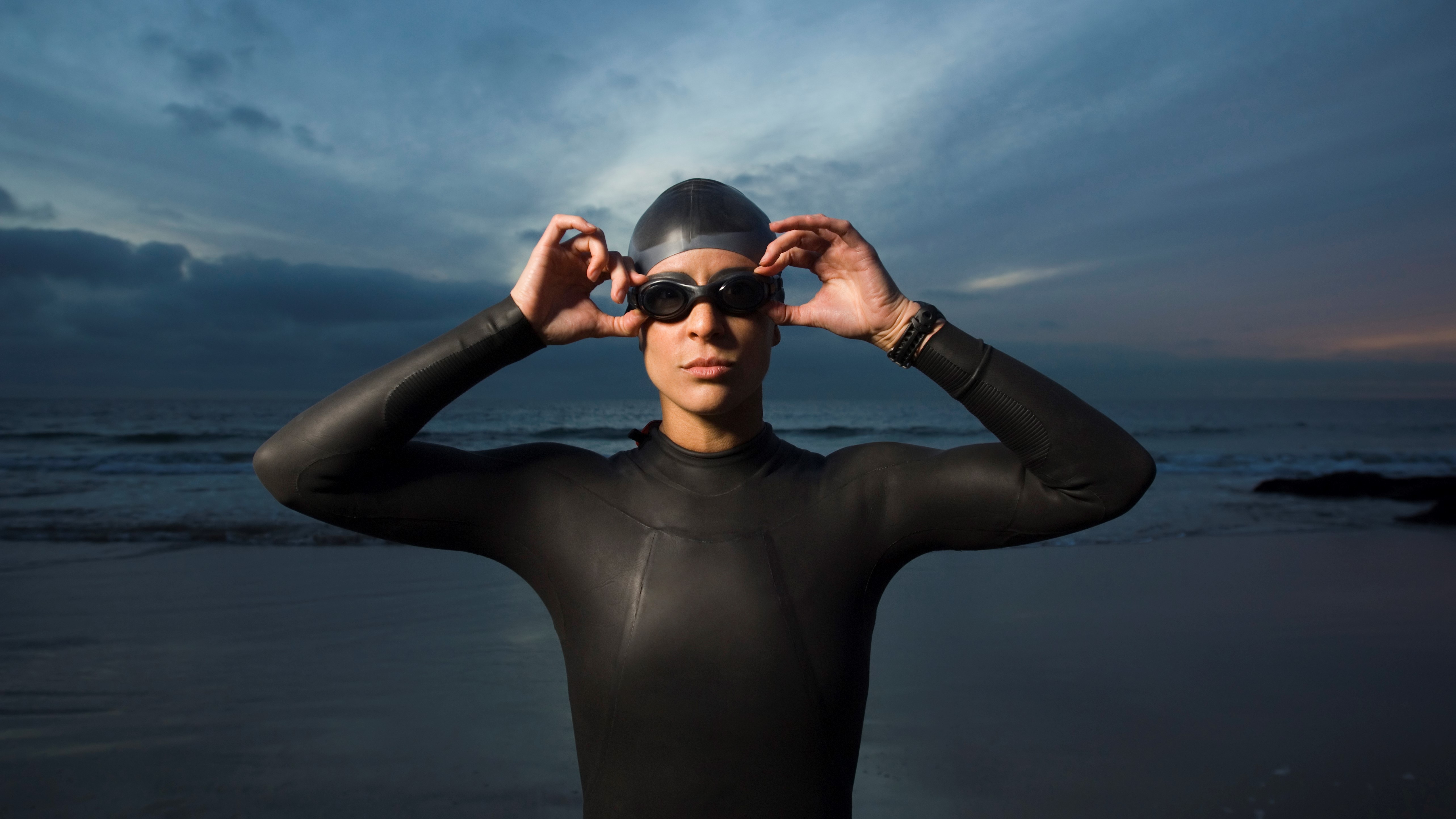
4. Distress tolerance
If you haven’t already realized it, performing at an elite level involves a certain degree of distress – extreme physical exertion, psychological hurdles, mental health, personal sacrifices, you name it.
“There's no becoming great without distress. Athletes have to be open to experiencing distress in order to work toward their value of excellence at a high level,” warns Cooper.
To cultivate an ability to tolerate distress, she advises shifting your mindset from needing motivation to take action, to taking action to inspire motivation.
“If we wait for motivation to strike, we could be waiting a long time whereas taking small actions in the present typically fosters inspiration and motivation to carry on.”

How can you develop the mental traits of an elite athlete?
With the right tools and support, Cooper says that athletes can always improve mental performance just like they can enhance physical performance through practice. When it comes to support, seeking the same degree of professional expertise for your mental health as you do for your physical training might be just what the sports doctor ordered.
“Seeing a Sport Psychologist can improve performance as they will be able to help identify patterns of thinking and behaving, triggers for poor performance, and help build skills and habits to mitigate performance breakdowns.”
As a exercise prompt for reflection if you become aware of a potentially self-limiting mental trait such as anger around your performance, she suggests thinking or writing about the following prompts:
- Is this feeling/attitude working for me?
- If the answer is yes, can you identify times when you succeeded without this emotion/attitude, so you know that you don’t have to use it as a crutch?
- If the answer is no, where did this idea come from?
- What helps you actually perform your best? Make a list.
- How do you get what you need to perform your best?
- The best trail running shoes: for stability and comfort on tough terrain
Julia Clarke is a staff writer for Advnture.com and the author of the book Restorative Yoga for Beginners. She loves to explore mountains on foot, bike, skis and belay and then recover on the the yoga mat. Julia graduated with a degree in journalism in 2004 and spent eight years working as a radio presenter in Kansas City, Vermont, Boston and New York City before discovering the joys of the Rocky Mountains. She then detoured west to Colorado and enjoyed 11 years teaching yoga in Vail before returning to her hometown of Glasgow, Scotland in 2020 to focus on family and writing.

